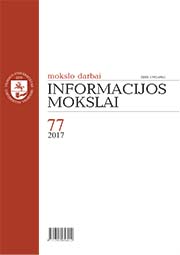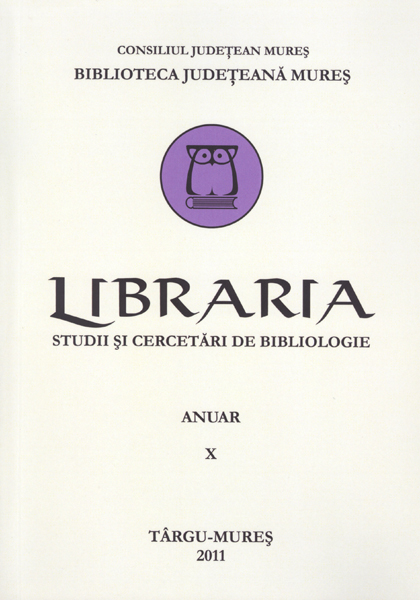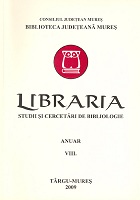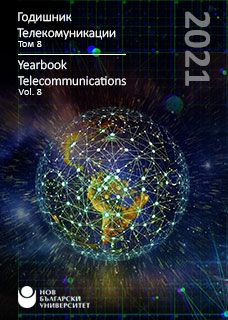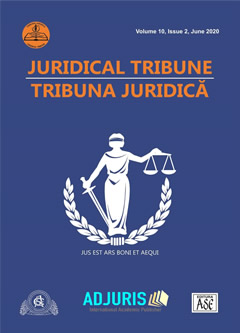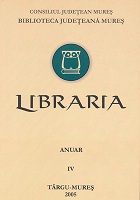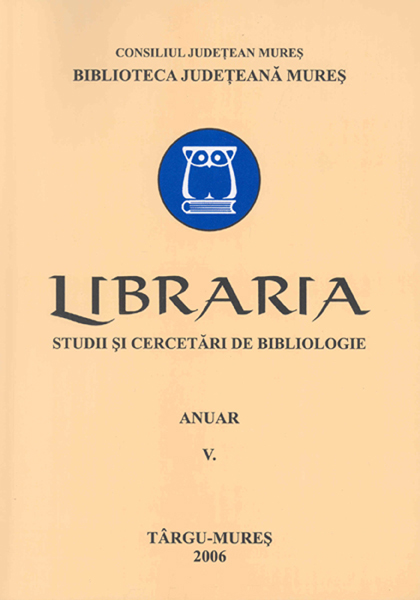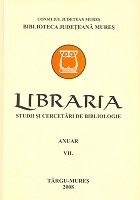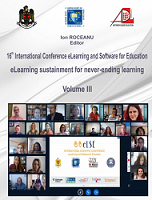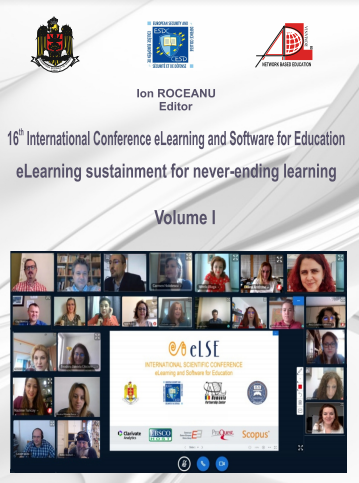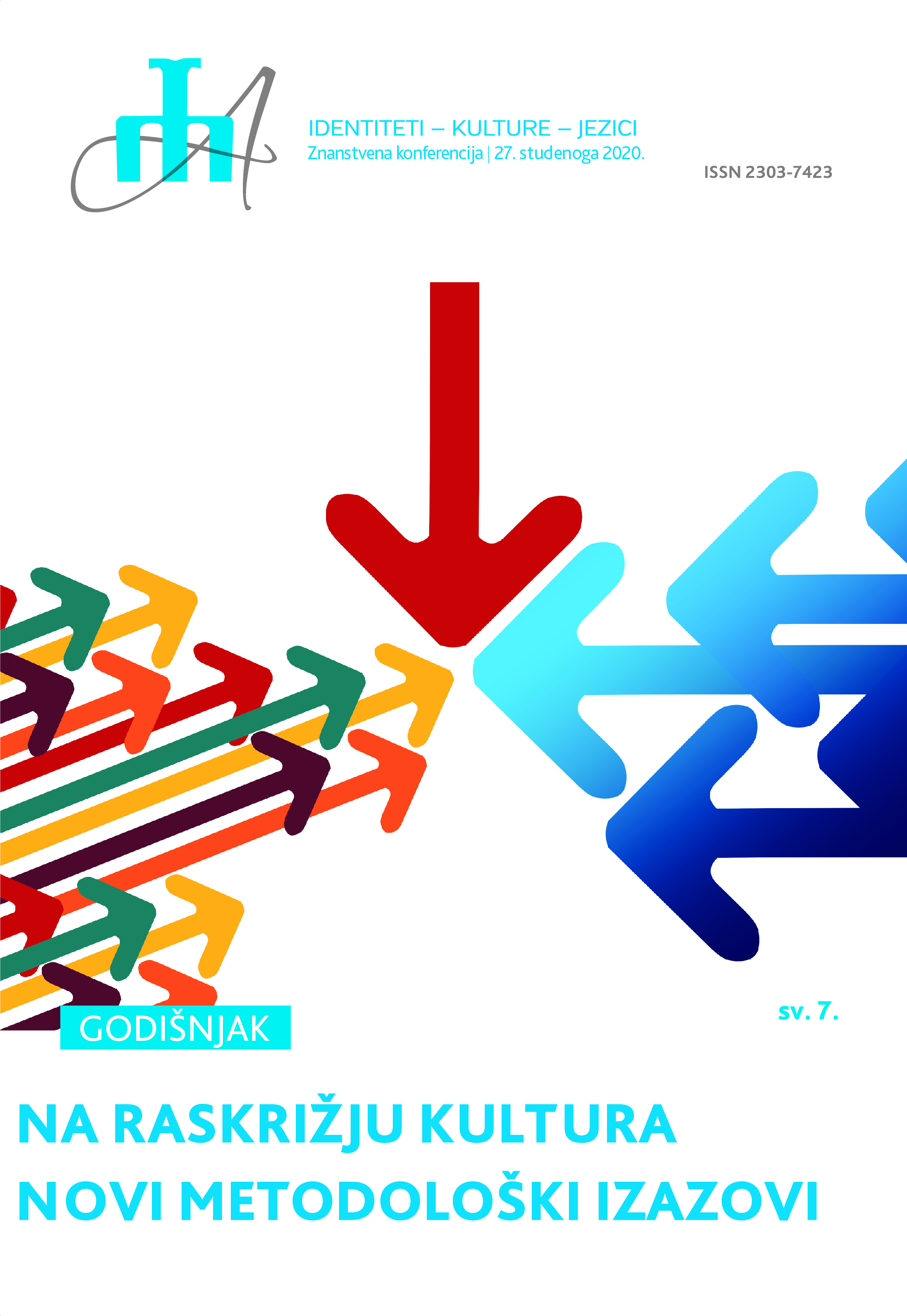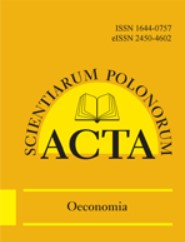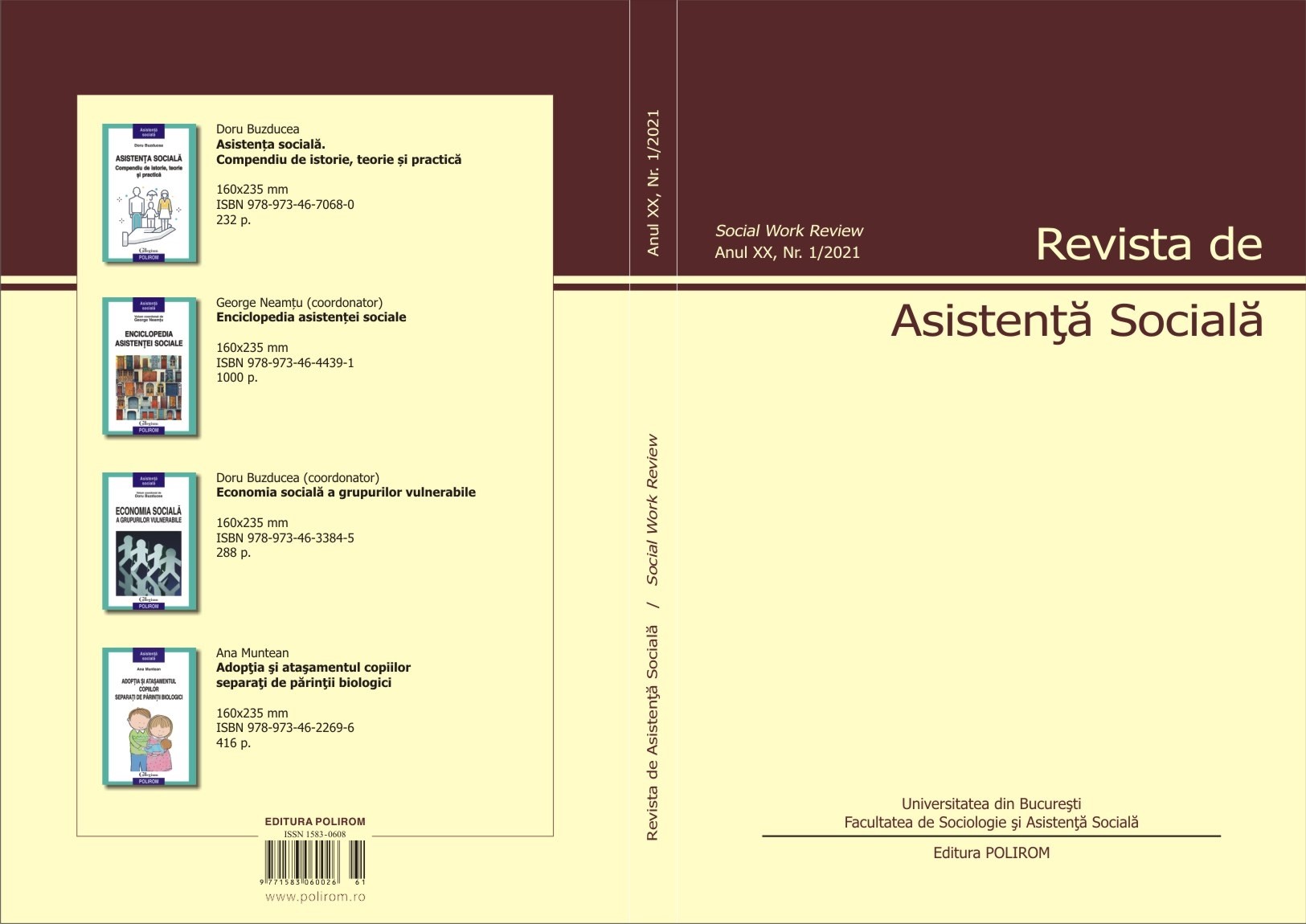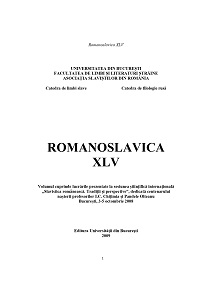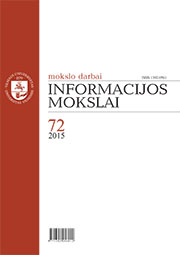
Daiktų interneto technologijos taikymo versle nauda ir rizika
The technology of the Internet of Things is one of the newest and rapidly developing information and communication technology policies in the beginning of this century, however, its adaptation in business began to spread only in the second decade. The Internet of Things is not only the technology whose services are designed for businesses, but also a new business model.As evidenced by the global experience in implementing these technologies and the latest research, the scope of the Internet of Things services and applications in business over the past year is rising relentlessly and in the future will only increase. The majority of business firms recognize that the Internet of Things technology can somehow help organize activities to accelerate the technological and communicative processes of business, to increase its operational efficiency.While it is recognised that the use of the Internet of Things in the business environment expands, it becomes more open, but also more vulnerable. Using the Internet of Things, things interact with each other and also people interact with each other, using items on the Internet of Things as a mediator for indirect communication, and this, in turn, is a major security problem concern with hackers, fakes and other electronic threats. Therefore, the use and spread of the Internet of Things will inevitably increase the risk of information systems and at the same time the risk profile of the business.This article analyses the benefits of the Internet of Things applied in business, its risks and the measures to mitigate the risks.
More...
